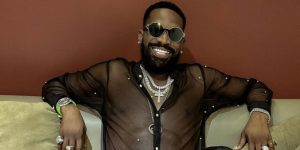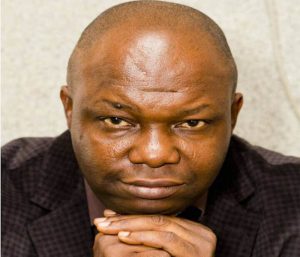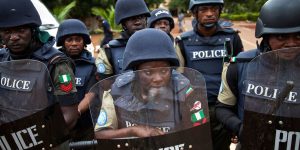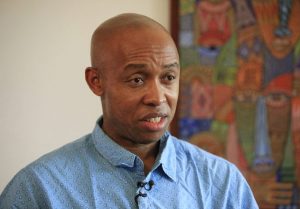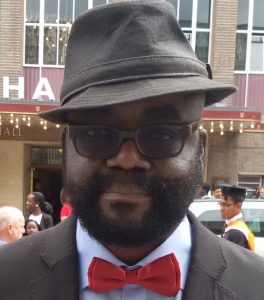To Russia, he’s a traitor and right-wing extremist. In Ukraine, he’s a Russian fighting against his own country
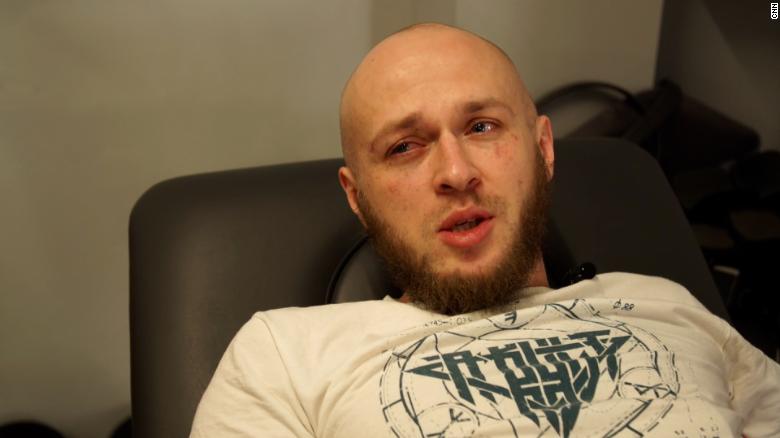
There are patients with nerve damage, burns, breaks, even an amputated leg — and it seems almost everyone’s inked arms and legs are spotted with shrapnel wounds. Stepan Kaplunov lies on a bed with a medieval-looking contraption moving his leg back and forth — both legs were broken in battle when a tank shell exploded next to him.Sporting a shaved head, beard and a sleeve of tattoos, he looks like every other Ukrainian soldier in the room — except that Kaplunov is actually Russian. It’s the only citizenship he holds. Born in Ivanovo, about 150 miles northeast of Moscow, he grew up in Russia’s far north and later joined the Russian military, serving a tour of duty in Syria. He showed us his identification papers to prove his Russian birth. He described himself as an “opponent of the Russian government and the presidential regime,” and described Russian President Vladimir Putin as a “tyrant who is pining to restore the USSR.”‘I don’t need to prove anything’In 2019, a popular pro-Russian blog claimed that Kaplunov had a tattoo of Hitler’s deputy, Heinrich Himmler on his arm, and a swastika on his chest. CNN found the claim after meeting with Kaplunov twice. Neither of his arms show a Himmler tattoo, and on a subsequent video call, he denied having a swastika or any other Nazi imagery on his chest, though he refused to prove it.”I don’t want to pull my shirt off. But I don’t have this tattoo,” he said. “I don’t need to prove anything to anyone.”He openly describes himself as a “Ukrainian nationalist” but says he has never held neo-Nazi or white supremacist views.His case illustrates the complex realities of this war, and the ideological and propaganda war being waged in parallel to the real-life battlefield. Russia has sought to justify and galvanize public support for its “special military operation” by magnifying a small minority of far-right extremists in Ukraine. Ukrainian officials routinely accuse Russians of being racists and neo-Nazis bent on wiping out the Ukrainian people. In April, the Ukrainian Defence Ministry tweeted: “The Russian Nazis declared a war of extermination on Ukraine.”Kaplunov’s decision to fight against his own country cost him some friends back in Russia. He says others quietly supported him. He has also earned the ire of the Russian state. His name was published by the Russian government’s official newspaper on a list of more than 200 people suspected by the government of terrorism, or extremist activities.His parents are still in Russia, and Kaplunov says they’ve been visited by Russian security services, but he’s never worried about their safety. “Russia, of course, is a country of a certain lawlessness, but still some norms and rights are respected there. So my parents have no problems at all,” he said.Ukraine is his home now, and he sees his future here, though Kaplunov still doesn’t have a Ukrainian passport, nor does he feel particularly Ukrainian. He’s still Russian. “I love Ukraine very much,” he said. “But I still have parents and grandparents. All Russian.”To Vlad Pachka, his Ukrainian comrade in the bed next to his at the rehab centre, it doesn’t matter. “Despite the fact that in his country he is considered a criminal, a mercenary, there is always a bed for him in my house, he will always be fed, because he is defending my home,” Pachka said. Kaplunov knows he will likely never be able to return to Russia, nor can he go back to the front lines anytime soon. His injuries are extensive. Both his legs were broken, he can’t walk without crutches, his hand is disfigured, and is eyes are very sensitive to light. His recovery will take months, if not longer. But he says when he gets back to full health, he is going straight back to war. CNN’s Cristiana Moisescu contributed to this report.



